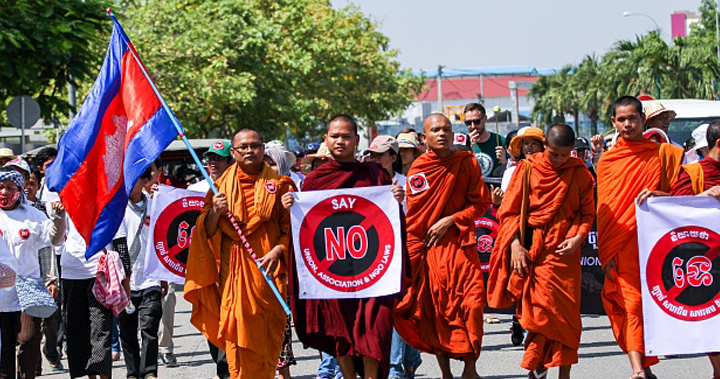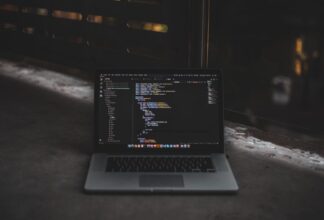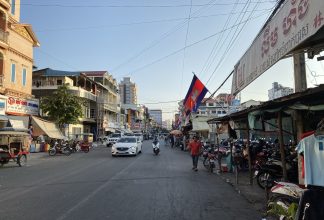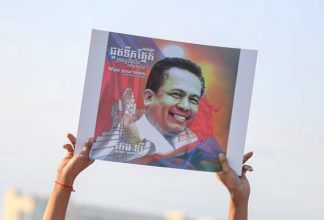Cambodia’s Draconian NGO Law Receives Final Approval

Cambodia’s King Norodom Sihamoni signed the draft Law on Associations and Non-governmental Organisations (LANGO) last night, on the same day the Constitutional Council declared the legislation constitutional.
“This draconian law is a real threat to Cambodia’s civil society. The international community must continue its efforts to challenge it, and monitor potentially abusive enforcement,” said Brittis Edman, Southeast Asia Programme Director, Civil Rights Defenders.
Before yesterday’s session to review the legality of the LANGO, two leading Cambodian human rights groups publicly called on the Constitutional Council to reject the law “on the basis of numerous provisions that violate Cambodian citizens’ constitutional rights and freedoms.” The NGOs highlighted at least 11 articles in the LANGO that appear to be inconsistent with the Cambodian Constitution and the International Covenant on Civil and Political Rights (ICCPR), which Cambodia has ratified.
An analysis of the LANGO submitted to the Council by the Cambodia Office of the UN Office of the High Commissioner for Human Rights (OHCHR) also raised serious concerns regarding contradictions with national and international law.
Among those who participated in peaceful protests and advocacy against the law are individual human rights defenders and local human rights organisations who have faced intimidation, harassment, criminal charges, or imprisonment in recent years, including but not limited to women land rights activists, community-based organisations, and independent trade unions. Despite operating in a high-risk environment, these defenders and organisations continue to speak out against human rights abuses, provide crucial support to victims, and make constructive policy recommendations to the government to improve the human rights situation.
“Civil society and human rights defenders in Cambodia have been resilient and will no doubt continue their important work, even if those whose official duty is to safeguard the Constitution and protect basic rights have failed to do so,” said Brittis Edman.
Background
In the weeks leading up to the parliamentary votes on the law in July, hundreds of Cambodians from all walks of life gathered in the capital city Phnom Penh and peacefully protested against the legislation. Cambodian civil society organisations have criticised the law as “unnecessary and politically motivated repression of citizens’ rights that violates the Cambodian Constitution and international law.”
In an letter to the President of the National Assembly on 22 June, Civil Rights Defenders joined 31 civil society organisations in criticising the law as being drafted in a “closed and flawed process” with “no consultation and no opportunity to comment on an official draft of the law.” The signatories highlighted serious flaws, including arbitrary restrictions on founding members of a domestic association or NGO, onerous registration and reporting requirements, wide discretionary powers granted to the government to deny registration, and the requirement of the ill-defined concept of ‘political neutrality’.
In an open letter to Cambodian Prime Minister Hun Sen on 6 July, Civil Rights Defenders was among 39 civil society groups in calling for the withdrawal of the LANGO. The law imposes “restrictions on the right to association” that “go beyond the permissible limitations allowed by international human rights law and are unnecessary for any legitimate purpose,” said the signatories.
A half-day ‘consultation’ on the law organised by the government in early July proved to be largely perfunctory and came too late in what has already been a non-transparent and non-consultative legislative process. The National Assembly and the Senate subsequently passed the LANGO on 13 and 24 July, respectively, with all restrictive provisions intact. The ruling Cambodian People’s Party (CPP) has a majority in both bodies and unanimously voted for it on both occasions. The opposition Cambodia National Rescue Party boycotted both votes.


